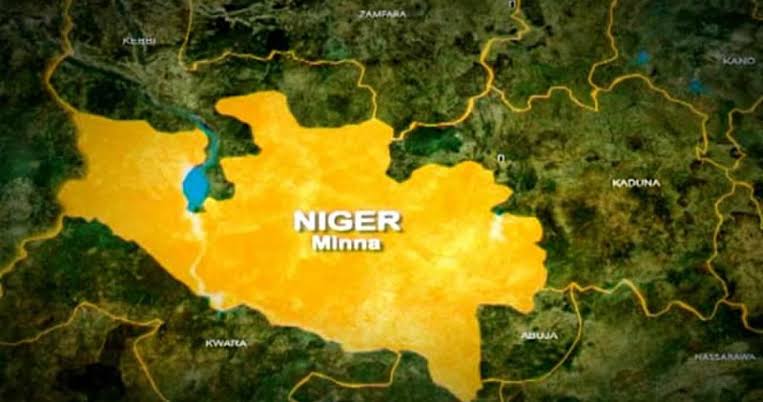By: TUNDE BOLAJI MINNA.
Following the shut down of some schools as a result of security challenges, Niger State government has announced its plans for the reopening of public schools in local government areas significantly affected by the activities of the vandals.
This hint was dropped by Dr. Hadiza Asabe Mohammed, the Commissioner for Basic and Secondary Education during the week.
She emphasized the state government’s commitment to enhancing security infrastructure in schools impacted by the prevailing challenges.
She expressed her appreciation to UNICEF and other partners for their continuous technical support and assistance.
Dr. Mohammed confirmed that comprehensive plans have been established to overcome barriers to education arising from insecurity.
During the dissemination meeting on “The Impact of Insecurity on Access to Education in Niger State,” held at Haske Luxury Hotel in Minna.
Dr. Mohammed reported that 29 schools, previously shut down due to insecurity, have now reopened, and 20 others have been renovated due to damage sustained across the state.
Dr. Mohammed highlighted the detrimental effects of insecurity on the educational system and announced the initiative to implement early warning systems in public schools situated in vulnerable areas.
She stated, “The state government has resolved to relocate several affected schools from high-risk zones to more secure locations.
“We are dedicated to addressing the root causes of insecurity through social welfare programs targeting families impacted by conflict.”
Moreover, she reiterated, “Plans are being implemented to enhance security infrastructure in schools and to establish early warning systems in regions at risk.”
Vanessa Lee, Chief of Education at UNICEF Nigeria, represented by Education Specialist Mr. Believe Eke, earlier underscored the critical need to address the repercussions of insecurity on education in Niger State.
She articulated that the study aims to offer evidence-based insights for effective decision-making and policy formulation, thereby ensuring quality education for children in conflict-affected areas.
In response to the report, Usaini Baba, the Education Secretary of Shiroro LGA, along with Ahmed Madaki, the Education Secretary of Rafi LGA, pointed out that the security situation has shown slight improvement compared to three years ago in their respective local government areas.
Madaki noted that at the height of banditry in Rafi LGA, 34 schools were closed, with 24 now reopened and others successfully relocated to safer environments.
The meeting concluded with the presentation of various reports and recommendations aimed at addressing the ongoing educational challenges.

